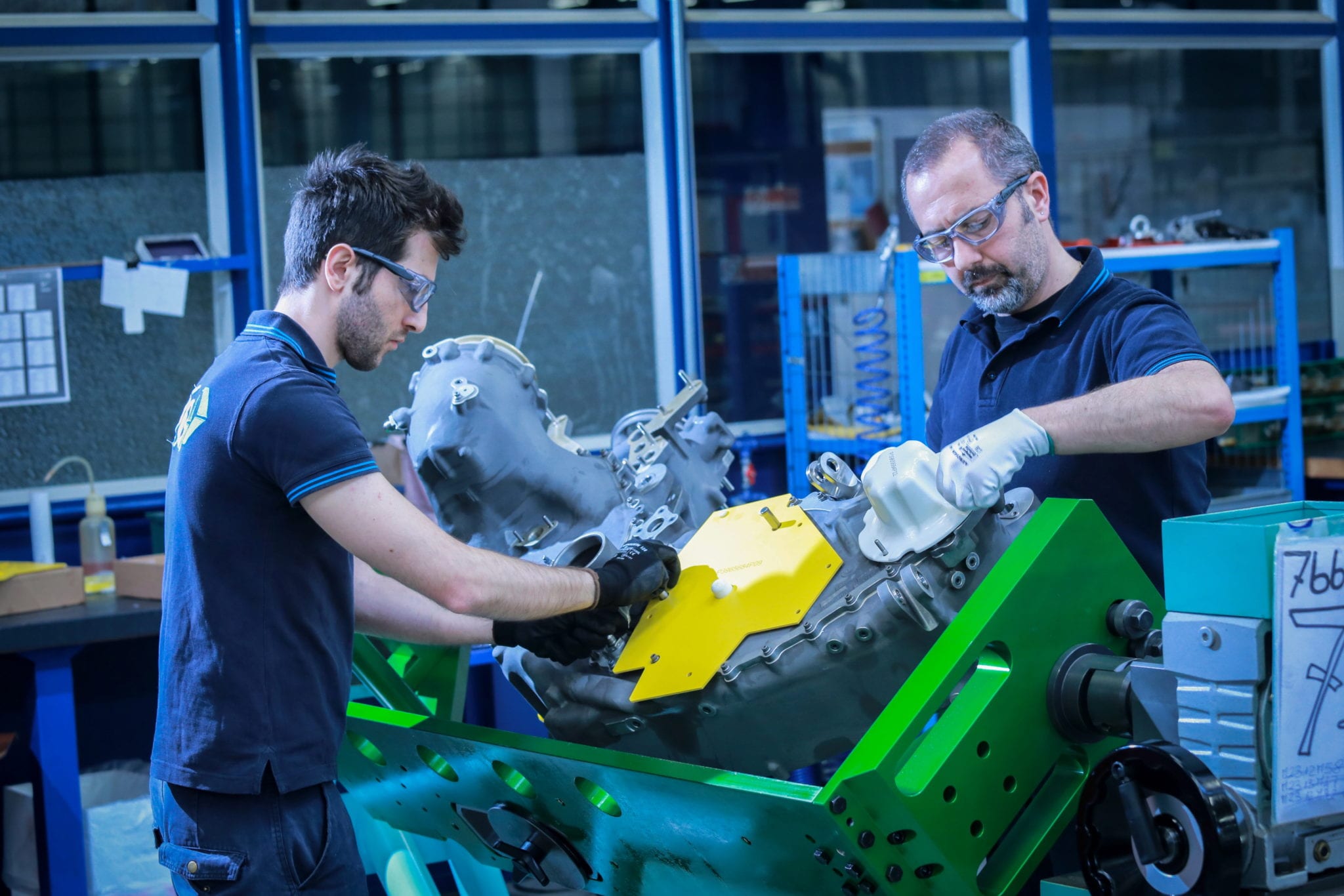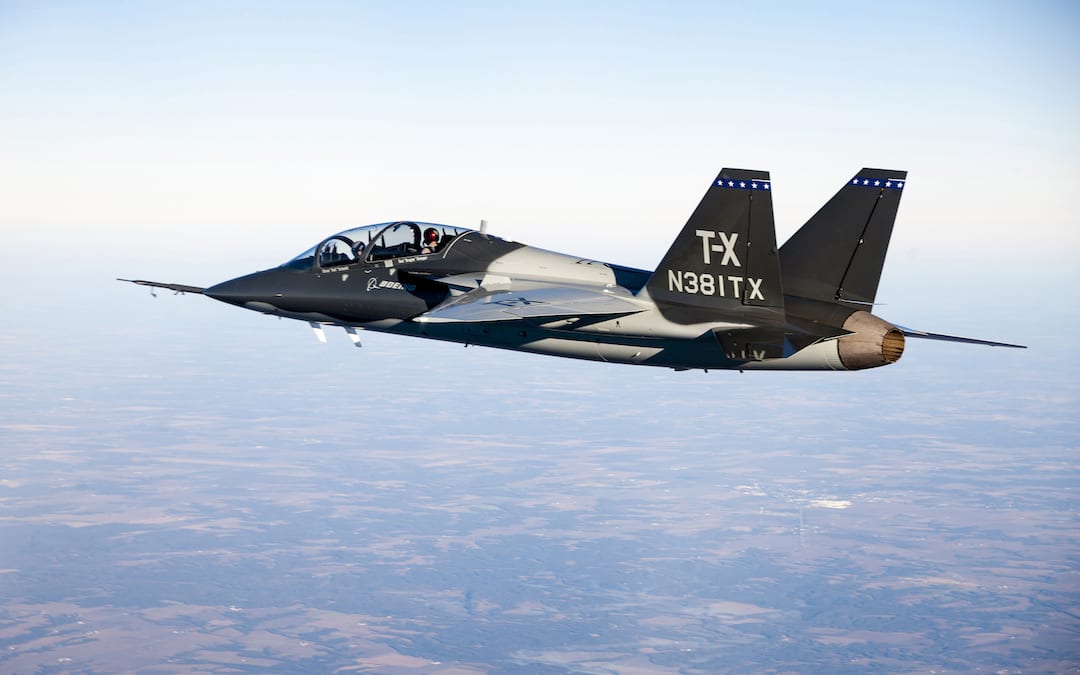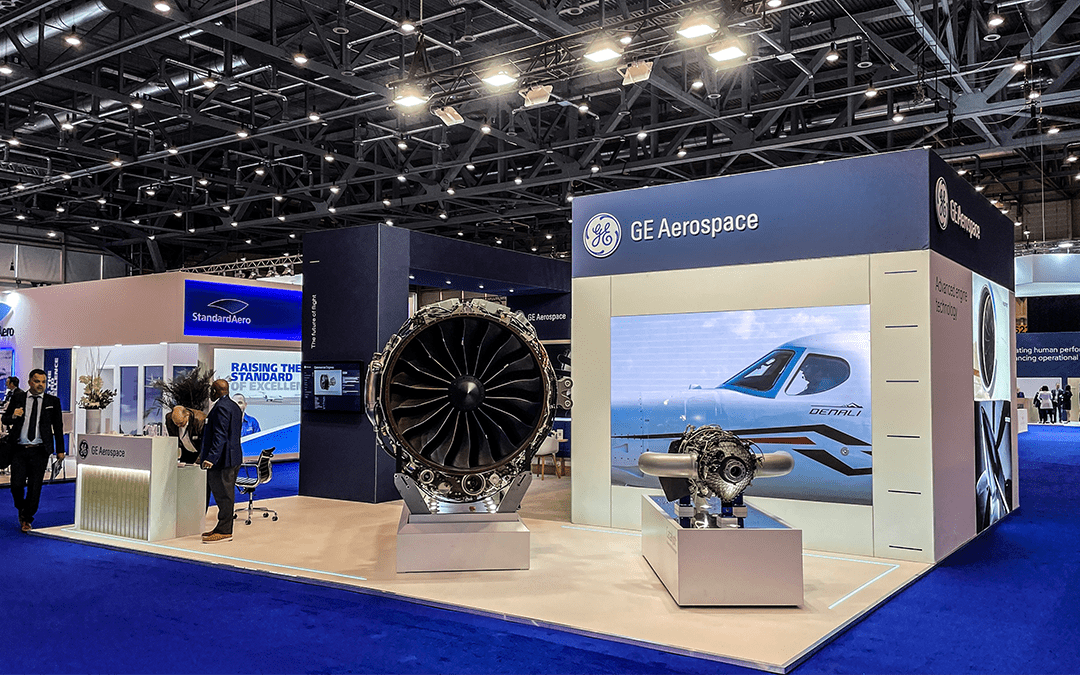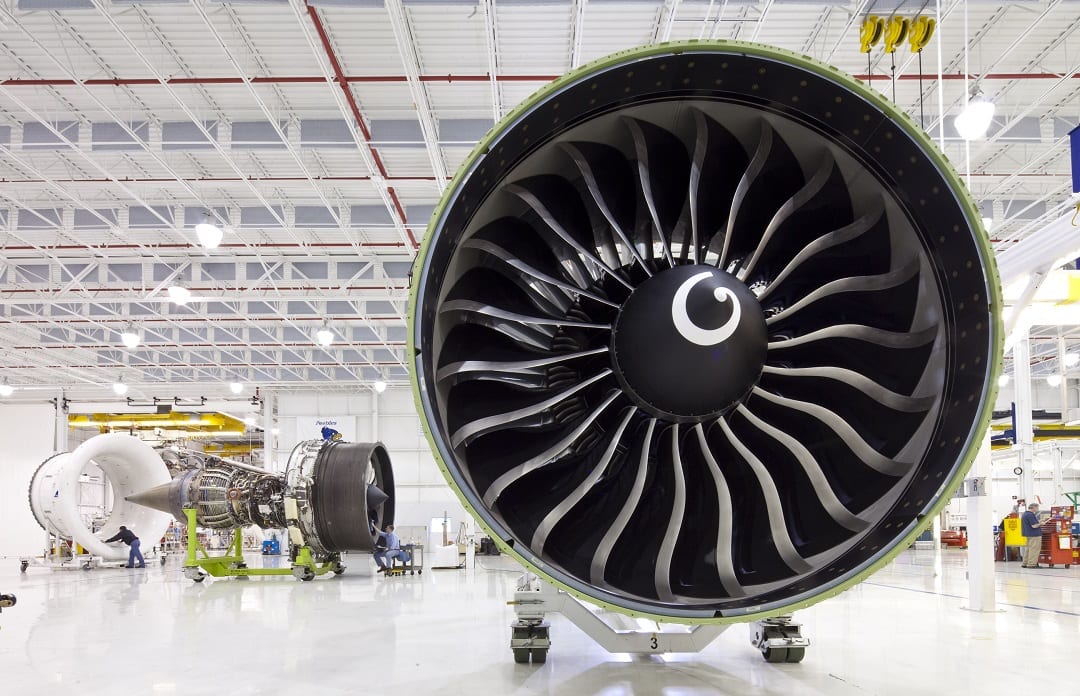There is more aircraft engine data accessible today than ever before. Refining this data to better understand predictive maintenance trends and customer solutions is where significant progress continues to be made by the GE Aerospace Fleet Support team. Better insight can help keep aircraft flying longer, with less downtime.
The Fleet Support team began tapping into the Edison Engineering Development Program (EEDP) in 2022, a program that accelerates participants' professional and technical development within GE Aerospace’s Advance Courses in Engineering and a variety of business-critical engineering assignments. Edison graduates have the technical and business foundation to proactively make innovative contributions to GE Aerospace's future.
Here are four profiles of recent EEDP graduates who have made contributions within Fleet Support:
Mike Lakin completed his third rotation in the Edison Engineering Development Program (EEDP) working on the Fleet Support Master Data Team as a Data Operations Specialist. He first joined GE Aerospace as an intern in the summer of 2015 and his first rotation in the EEDP was in a hardware design role supporting derivative engine programs and new technology development for the F414-400 engine. He supported GE's T901 engine during his second rotation, responsible for test and qualification.
What's your main role as a Data Operations Specialist for GE Aerospace's Fleet Support team?
I am developing a modern desktop application to help our field service engineers manage the engines in their airline customer’s fleets. I am also working on a project to develop visualizations to forecast engine removals.
Give an example of a one of your projects and describe why it’s important to the business
I developed an optimization algorithm to maximize the overall spare engine level and assign removal dates for the maintenance and overhaul of engines. It ensures our engines are coming off-wing at a rate that does not overburden the customer and keeps them in top shape to perform reliably and safely. The algorithm provides a cost savings to the business by eliminating the manual task of forecasting engine removal and maintenance work that is currently done by field service engineers. Manually determining an optimal schedule for a large fleet can take many hours. My new optimizer can find solutions within 15 minutes for large fleets, or much faster for small fleets.
Ndeye Fatou Diop completed her third rotation in the Edison Engineering Development Program (EEDP) working with the Fleet Support as Remote Monitoring & Diagnostics Fleet Manager. She began her career at GE Aerospace in 2017, working with GE9X System Engineering and the GE90 Life Cycle engineering team. She joined the company full time in 2019 as a member of EEDP. Since then, she has worked as a Turboshaft/Turboprop High Pressure Turbine design engineer, a Manufacturing Programs Module Leader and as a Diagnostics Fleet Manager.
What's your main role as a as Remote Monitoring & Diagnostics Fleet manager
I spend my time working directly with the customer to help them understand their fleet performance, interpret any shifts in their engine’s data and support any actions to reduce operational disruptions. The other part of my time is spent working on the creation and upkeep of failure mode detection analytics for our customers.
Why did you want to join the Fleet Support team?
I was interested in learning more about the analytics space at GE Aerospace and also wanted to gain experience speaking to customers! It’s been an eye-opening experience to have the opportunity to hear feedback directly from them. My goal is to continue supporting our customers by driving increasing accurate analytics and helping them understand how to optimize their fleet.
In my previous role as a Manufacturing Programs Module Leader, I really enjoyed having the opportunity to work and speak with various teams such as Engineering, Sourcing, Suppliers and Manufacturing shops.
Chris Bolsinger is a Remote Monitoring and Diagnostics Fleet Manager who completed the Edison Program in 2022. In his final rotation, he worked on the RMD Narrowbody team supporting both military and commercial customers. He started his career at GE Aerospace in 2018 where he worked on the ‘SCALE’ team supporting CSA modeling. Since then, he has worked as a Systems Engineer, a TFTJ Test Engineer, and rolled off program as a RMD Fleet Manager. Chris just recently graduated from Northeastern University with a Masters in Data Analytics Engineering.
What's your main role as a Remote Monitoring & Diagnostics Fleet Manager for GE Aerospace's Fleet Support team?
Primarily, I collaborate with customers to forecast and identify aircraft that are on trend to require maintenance. We are working to convert all unplanned work into planned maintenance. Additionally, I am currently supporting multiple CFM56 analytics improvement projects and collaboration reviews with Boeing to improve our data coverage for the 737 Max Fleet, and NSV tracking/forecasting to support our PSE team.
What motivates you in your work?
It's incredible to think that just about everyone I know has likely flown on one of the products that we support here. Not many people can say that about their job. What keeps me fueled up is knowing that, with the support of this team, we help our customers avoid potential events and give them time to plan and adapt so they have the opportunity to minimize operational interruptions. It’s a great feeling to know that our work is helping to keep fleets flying safely.
Jake Maciejewski is a Diagnostics Fleet Manager who completed the Edison Program in 2022. In his third Edison rotation, he works on the RMD Narrowbody team, supporting commercial airline customers who operate CFM56 and LEAP engines. He started his career at GE Aerospace in 2017 as a Co-op serving multiple roles in Supply Chain and Analytics. After joining the Edison program in 2020, he worked as a Turbine Aero Engineer in M&I and a Systems Engineer in Military Technology Programs before his role in RMD. Jake is pursuing a Masters in Data Analytics from Georgia Tech.
What's your main role as a Diagnostics Fleet Manager for GE's Fleet Support team?
The majority of my time is spent helping customers maintain the health of their fleet through data-driven decision-making. This involves working directly with commercial airlines to monitor, diagnose, and resolve engine issues. My focus is on minimizing operational disruptions through forecasting and prioritization. I am also acting as the CFM56 product line leader, for which I lead multiple analytics development and improvement projects in collaboration with Engineering and our CFM partner at Safran.
What have been your favorite aspects of working in Fleet Support?
My favorite aspect has been the ability to collaborate with the best in the business to make a direct impact on customers around the world. It is rare to find a role where you can see the benefit of your work almost immediately, while sharing the opportunity to work and meet with people in places you never expected to visit. The world is a better and safer place for the millions of people that operate our products as a result of the work done by Fleet Support.
The Fleet Support team began tapping into the Edison Engineering Development Program (EEDP) in 2022, a program that accelerates participants' professional and technical development within GE Aerospace’s Advance Courses in Engineering and a variety of business-critical engineering assignments. Edison graduates have the technical and business foundation to proactively make innovative contributions to GE Aerospace's future.
Here are four profiles of recent EEDP graduates who have made contributions within Fleet Support:
 Mike Lakin.
Mike Lakin.
Mike Lakin completed his third rotation in the Edison Engineering Development Program (EEDP) working on the Fleet Support Master Data Team as a Data Operations Specialist. He first joined GE Aerospace as an intern in the summer of 2015 and his first rotation in the EEDP was in a hardware design role supporting derivative engine programs and new technology development for the F414-400 engine. He supported GE's T901 engine during his second rotation, responsible for test and qualification.
What's your main role as a Data Operations Specialist for GE Aerospace's Fleet Support team?
I am developing a modern desktop application to help our field service engineers manage the engines in their airline customer’s fleets. I am also working on a project to develop visualizations to forecast engine removals.
Give an example of a one of your projects and describe why it’s important to the business
I developed an optimization algorithm to maximize the overall spare engine level and assign removal dates for the maintenance and overhaul of engines. It ensures our engines are coming off-wing at a rate that does not overburden the customer and keeps them in top shape to perform reliably and safely. The algorithm provides a cost savings to the business by eliminating the manual task of forecasting engine removal and maintenance work that is currently done by field service engineers. Manually determining an optimal schedule for a large fleet can take many hours. My new optimizer can find solutions within 15 minutes for large fleets, or much faster for small fleets.
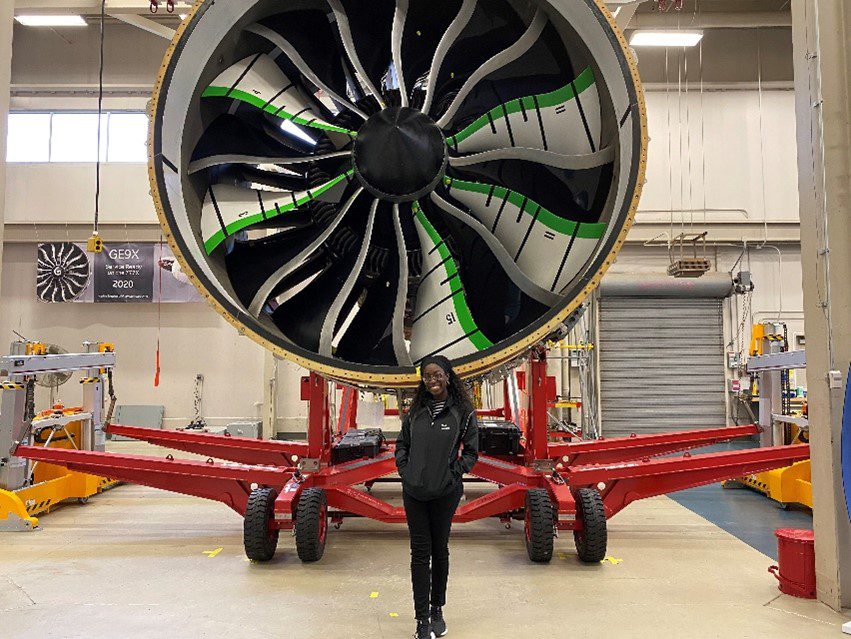 Ndeye Fatou Diop in front of the GE9X.
Ndeye Fatou Diop in front of the GE9X.
Ndeye Fatou Diop completed her third rotation in the Edison Engineering Development Program (EEDP) working with the Fleet Support as Remote Monitoring & Diagnostics Fleet Manager. She began her career at GE Aerospace in 2017, working with GE9X System Engineering and the GE90 Life Cycle engineering team. She joined the company full time in 2019 as a member of EEDP. Since then, she has worked as a Turboshaft/Turboprop High Pressure Turbine design engineer, a Manufacturing Programs Module Leader and as a Diagnostics Fleet Manager.
What's your main role as a as Remote Monitoring & Diagnostics Fleet manager
I spend my time working directly with the customer to help them understand their fleet performance, interpret any shifts in their engine’s data and support any actions to reduce operational disruptions. The other part of my time is spent working on the creation and upkeep of failure mode detection analytics for our customers.
Why did you want to join the Fleet Support team?
I was interested in learning more about the analytics space at GE Aerospace and also wanted to gain experience speaking to customers! It’s been an eye-opening experience to have the opportunity to hear feedback directly from them. My goal is to continue supporting our customers by driving increasing accurate analytics and helping them understand how to optimize their fleet.
In my previous role as a Manufacturing Programs Module Leader, I really enjoyed having the opportunity to work and speak with various teams such as Engineering, Sourcing, Suppliers and Manufacturing shops.
 Chris Bolsinger.
Chris Bolsinger.
Chris Bolsinger is a Remote Monitoring and Diagnostics Fleet Manager who completed the Edison Program in 2022. In his final rotation, he worked on the RMD Narrowbody team supporting both military and commercial customers. He started his career at GE Aerospace in 2018 where he worked on the ‘SCALE’ team supporting CSA modeling. Since then, he has worked as a Systems Engineer, a TFTJ Test Engineer, and rolled off program as a RMD Fleet Manager. Chris just recently graduated from Northeastern University with a Masters in Data Analytics Engineering.
What's your main role as a Remote Monitoring & Diagnostics Fleet Manager for GE Aerospace's Fleet Support team?
Primarily, I collaborate with customers to forecast and identify aircraft that are on trend to require maintenance. We are working to convert all unplanned work into planned maintenance. Additionally, I am currently supporting multiple CFM56 analytics improvement projects and collaboration reviews with Boeing to improve our data coverage for the 737 Max Fleet, and NSV tracking/forecasting to support our PSE team.
What motivates you in your work?
It's incredible to think that just about everyone I know has likely flown on one of the products that we support here. Not many people can say that about their job. What keeps me fueled up is knowing that, with the support of this team, we help our customers avoid potential events and give them time to plan and adapt so they have the opportunity to minimize operational interruptions. It’s a great feeling to know that our work is helping to keep fleets flying safely.
 Jake Maciejewski.
Jake Maciejewski.
Jake Maciejewski is a Diagnostics Fleet Manager who completed the Edison Program in 2022. In his third Edison rotation, he works on the RMD Narrowbody team, supporting commercial airline customers who operate CFM56 and LEAP engines. He started his career at GE Aerospace in 2017 as a Co-op serving multiple roles in Supply Chain and Analytics. After joining the Edison program in 2020, he worked as a Turbine Aero Engineer in M&I and a Systems Engineer in Military Technology Programs before his role in RMD. Jake is pursuing a Masters in Data Analytics from Georgia Tech.
What's your main role as a Diagnostics Fleet Manager for GE's Fleet Support team?
The majority of my time is spent helping customers maintain the health of their fleet through data-driven decision-making. This involves working directly with commercial airlines to monitor, diagnose, and resolve engine issues. My focus is on minimizing operational disruptions through forecasting and prioritization. I am also acting as the CFM56 product line leader, for which I lead multiple analytics development and improvement projects in collaboration with Engineering and our CFM partner at Safran.
What have been your favorite aspects of working in Fleet Support?
My favorite aspect has been the ability to collaborate with the best in the business to make a direct impact on customers around the world. It is rare to find a role where you can see the benefit of your work almost immediately, while sharing the opportunity to work and meet with people in places you never expected to visit. The world is a better and safer place for the millions of people that operate our products as a result of the work done by Fleet Support.

